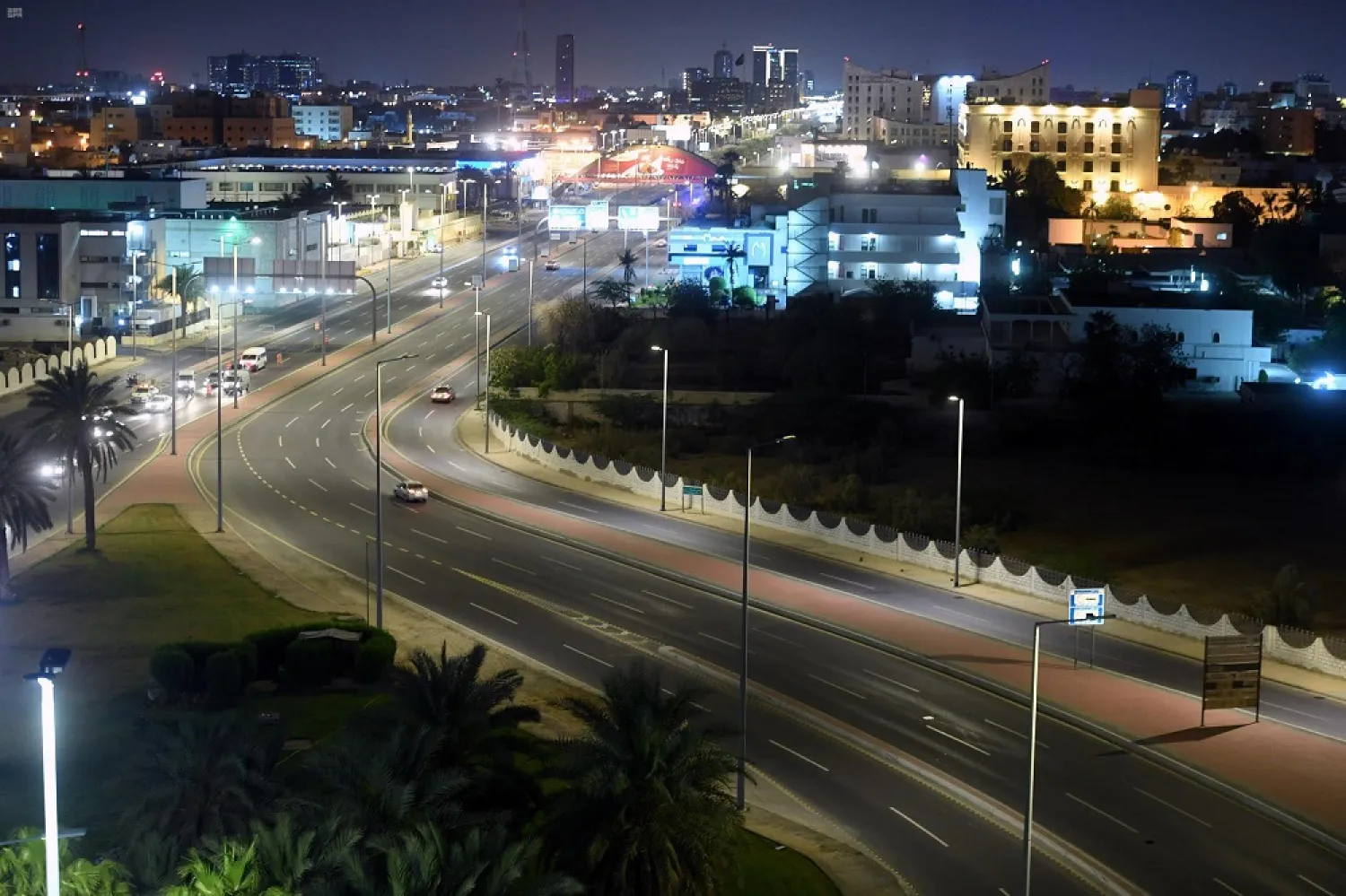The majority of Saudi families are abiding by the lockdown, despite precautions being eased in light of new developments in the COVID-19 pandemic. With a near-total suspension of all activities, the lockdown has provided most people with ample free time, and this has pushed many to think of productive, useful and entertaining ways to keep themselves busy, such as learning, sports and other activities.
The increased free time due to the lockdown has led to a rise in on-demand broadcast programs and video game purchases. Also, universities, vocational schools and several Saudi educational and government bodies have set up remote workshops and tutorials to make use of the lockdown. Since the Saudis started the lockdown more than one month ago, several remote workshops were launched by universities and vocational schools and even some institutions and companies specialized in certain sectors. These were not limited to Saudis as a substantial portion of them was open to the public all over the world.
The workshops and tutorials were diverse in what they taught, including technical, administrative, journalistic, legal, economic and business workshops in addition to self-development and language courses, among others. The workshops tackled cybersecurity, cybercrimes, legal proceedings, preparing media campaigns, management and executive planning.
The Saudi Ministry of Culture launched several competitions under the lockdown, such as Literature of Isolation that was launched by the Literature, Publishing and Translation Commission to encourage creativity. The initiative aimed to allow writing enthusiasts to share creative works, such stories, novels, diaries and poems, that they had written on during the lockdown.
Last week, the Saudi Human Rights Commission launched, in collaboration with the United Nations Human Rights Commission, an online workshop to develop young leaders in the domain of human rights. The ten-day program was prepared by a team of young leaders who are qualified to introduce the culture of human rights and implement sophisticated volunteering initiatives to serve humanity in several countries, in addition to developing skills in modern communication.
These workshops went on to provide sessions in different domains and did not stop after precautionary measures to prevent gatherings were put in place. Instead, they converted them into online workshops with remote attendees delivered by different government bodies and research institutes.
The Saudi initiatives were not limited to educational programs and literature competitions, but also included sports activities. The Saudi Sports Union launched the Your Home is Your Gym initiative, described by Prince Khaled bin Alwaleed, the President of the Union, as the Saudis’ weapon against the coronavirus, as it aims to build a healthier and more active society.









